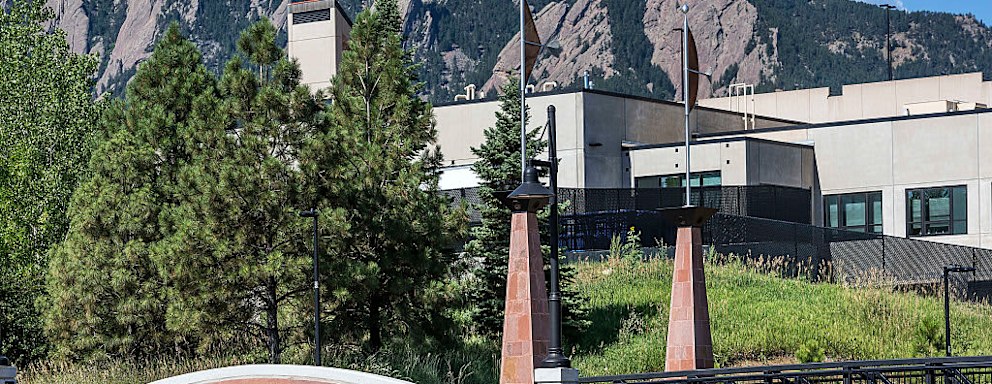CU Boulder Engineering Has One of the Highest Percentages of Female First-Years in the Country
 Credit: Image Credit: John Greim / Contributor / LightRocket / Getty Images
Credit: Image Credit: John Greim / Contributor / LightRocket / Getty Images- The University of Colorado Boulder has significantly increased female undergraduate enrollment in its fall 2023 cohort.
- The university’s College of Engineering and Applied Science is 41% female, up 27 percentage points from two decades ago.
- Gender diversity in STEM brings new perspectives, tackles labor shortages, and boosts economic growth.
Gender diversity in science, technology, engineering, and math (STEM) fields offers numerous benefits, including introducing new perspectives, addressing labor shortages with skilled workers, and stimulating economic growth.
While there has been a significant increase in women’s representation in STEM, gender disparity persists.
One university working to level the playing field is the University of Colorado (CU) Boulder.
Its College of Engineering and Applied Science’s fall 2023 class is 41% female, an increase of 27 percentage points from two decades ago, according to a university press release. For comparison, women make up just 20% of U.S. learners who have earned an undergraduate engineering degree annually since 2000, according to the American Journal of Engineering Education.
Keith Molenaar, dean of the College of Engineering and Applied Science, said in the release that he attributes the growth to both college and broader university initiatives over the past 10-15 years.
This is not only about fairness and equity, but about driving innovation, enhancing problem-solving capabilities, and expanding our engineering workforce that is in such high demand,
Molenaar said.
By fostering a diverse engineering team, CU Boulder is preparing students for the workforce and shaping a future where technology reflects the diversity of its users.
Gender Diversity in STEM
In 2021, men made up 65% of the STEM workforce, while women only accounted for 35%, according to data from the National Science Foundation. The disparity is more stark in engineering — women made up just 15% of the workforce in 2019, according to the U.S. Census Bureau.
The challenges for women in STEM start before they enter the workforce.
During college, women in STEM fields often encounter different treatment than their male classmates. In one study conducted in 2012, faculty at research universities rated applications from male students as more competent than equally qualified applications from women.
Women also have to deal with the gender pay gap, lack of mentorship opportunities, and gender stereotypes, leaving many to decide against pursuing a career in STEM. On top of that, women of color and transgender women face additional hurdles within STEM education and occupations.
In 2022, Black, Hispanic, and Indigenous women of color represented less than 10% of the STEM workforce in the U.S. and earned only 14% of bachelor’s degrees in STEM fields.
Additionally, transgender and non-conforming students are less likely to continue in STEM majors, with withdrawal rates matching or surpassing those of other historically under-represented groups in the field.
Addressing global challenges … will require a diverse set of perspectives and solutions,
Lucy Sanders, founder and executive in residence at The National Center for Women and Information Technology, said in the CU Boulder release.
Those with different lived experiences such as those who identify as women are pivotal in designing infrastructure and technologies that cater to the needs of our broad population.